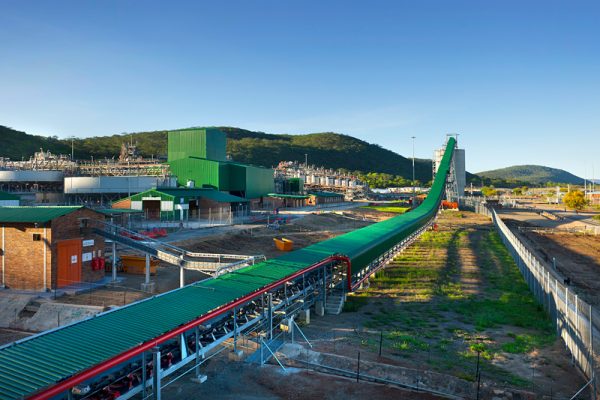In a setback for Platinum Group Metals (PGM) miners, the Zimbabwean government has announced that it will move forward with the implementation of a 5% tax on unrefined platinum exports starting in January 2025, despite the absence of an agreement on new beneficiation timelines timelines that were initially seen as key for the tax’s rollout. The miners had requested that the beneficiation tax on concentrates be aligned with the agreed PGM beneficiation roadmap, but with no consensus reached, the government is pressing ahead with its plans.
By Ryan Chigoche
Zimbabwe has long sought to push its PGM miners to refine platinum within the country rather than exporting raw concentrates. The government has made it clear that it wants to see value added in Zimbabwe, arguing that beneficiation would create jobs, boost the local economy, and increase the overall value of the country’s platinum reserves. However, miners have consistently raised concerns, citing Zimbabwe’s inadequate electricity supply and infrastructure, and the high cost of establishing refineries as major barriers.
The failure of PGM miners to meet the March 2024 deadline for submitting beneficiation plans has left both parties at a standstill. This impasse is further complicated by the recent slump in platinum prices, which has led many mining companies to scale back expansion plans while awaiting a price recovery.
As part of earlier agreements with the government, mining executives had committed to utilizing existing facilities with excess capacity for refining. However, soft market conditions have added to the challenges, as miners argue that Zimbabwe’s electricity supply and mineral resources are insufficient to justify the cost of building new refineries.
The export tax, first introduced a decade ago, was initially set at 15%, then reduced to 5%, and has since been postponed multiple times to allow miners more time to set up refining facilities. However, the government has now confirmed that the tax will be enforced in January 2025, with no further delays.
Earier this week the Ministry of Finance announced there will be further postponemnets, despite the challenges that the PGMs industry migh be facing at the moment.
“Government has already introduced a 5% beneficiation tax on the export of unbeneficiated platinum, with a view to compel mining houses to invest in the requisite plants. In addition, Government removed customs duties on the importation of the equipment required for setting up beneficiation plants, along with a VAT deferment on the import tax payable.Significant milestones have already been achieved in the PGMs sector, with substantial investment in beneficiation plants on track to commission a Base Metal Refinery. With effect from 1 January 2025, Government will not grant any further reprieve from the tax, in order to compel mining houses to expedite the completion of beneficiation plants.” the Ministry said.
Currently, platinum producers in Zimbabwe process platinum into concentrates and mattes, which are exported to South African refineries where some of their parent companies already own refineries. However, the government is determined to have these producers refine the metal into its final product within Zimbabwe’s borders.
In response, Zimplats, the country’s largest platinum producer, has earmarked US$190 million to build a base metal refinery, which would also process mattes from other miners. However, the company has only spent US$29 million so far on the project, which has faced delays due to the slump in platinum prices. Despite this, the government is pressing for the refinery’s completion.
Zimbabwe’s three main platinum producers Zimplats, Mimosa, and Unki are at different stages of beneficiation. Zimplats and Unki currently operate smelters that process platinum into mattes, with Zimplats having recently commissioned a new smelter and invested US$412 million in its expansion. Mimosa, however, is still at the early stages, focusing on flotation concentration. Both Unki and Zimplats have reached the second stage of beneficiation, processing converter matte at their smelting and converting plants. The third and final stage, which the government is pushing for, is the development of a base metals refinery.
The statement by the government follows the recent State of the Mining Industry Survey Report where mining executives expressed concerns about Zimbabwe’s fiscal framework.
They cited multiple taxes, high royalty rates, beneficiation taxes, retrospective capital gains taxes, and high mining fees as factors hurting the industry. With 2025 on the horizon, many executives expect these pressures to intensify, as there is growing scrutiny on the mining sector’s contribution to the economy.




